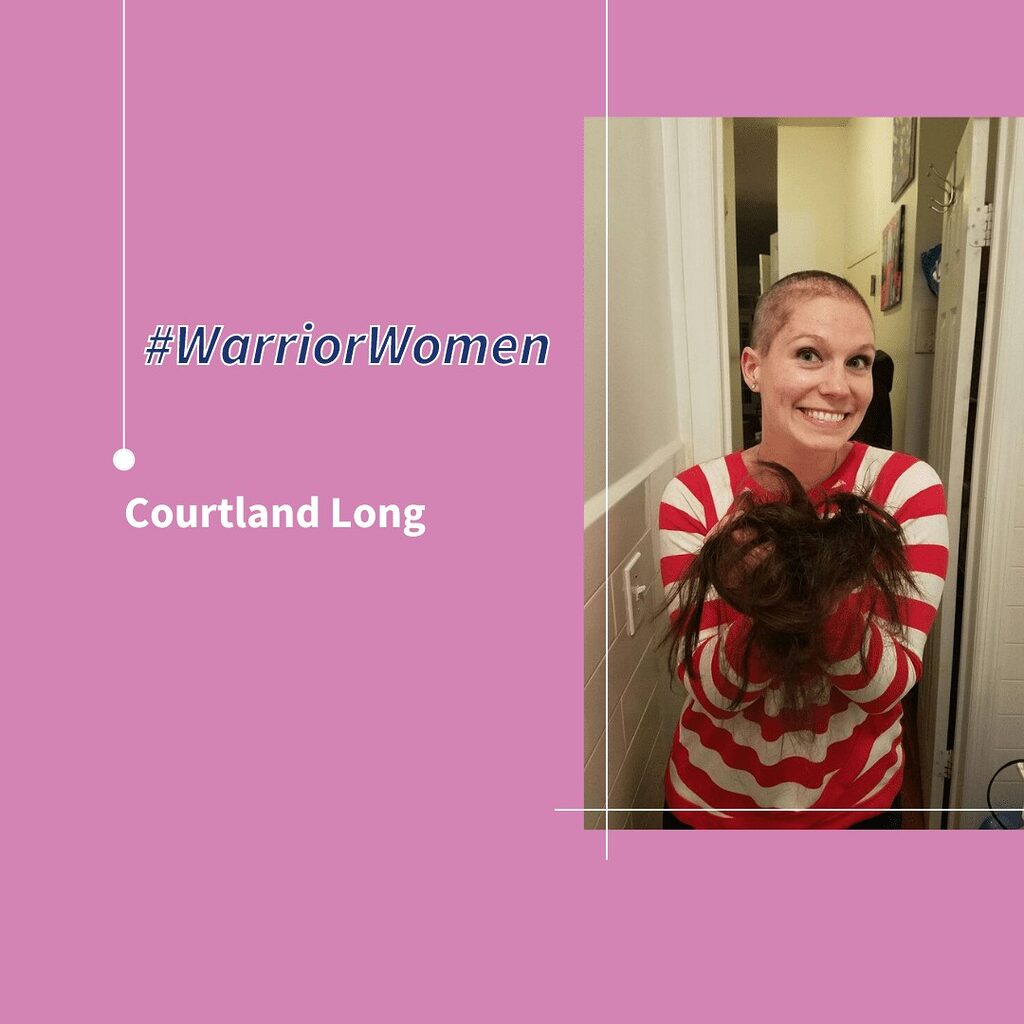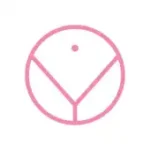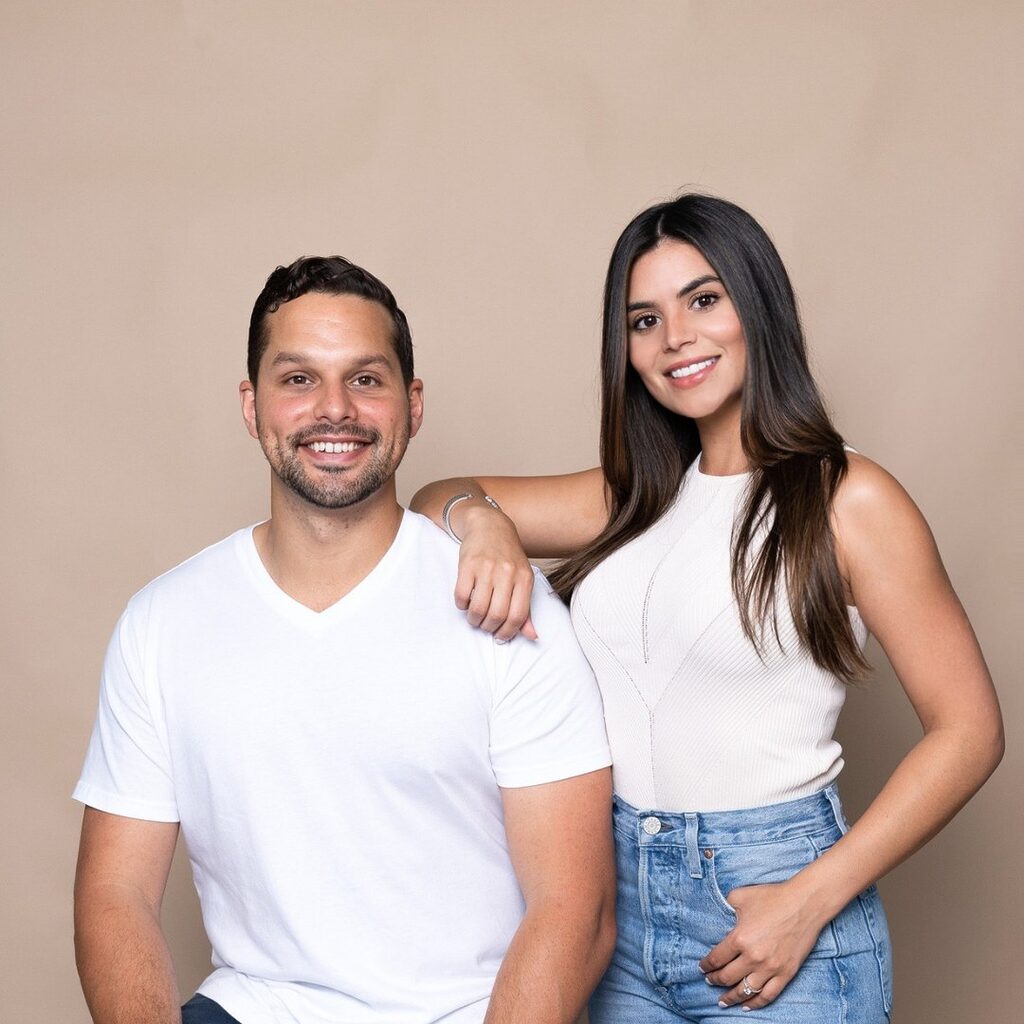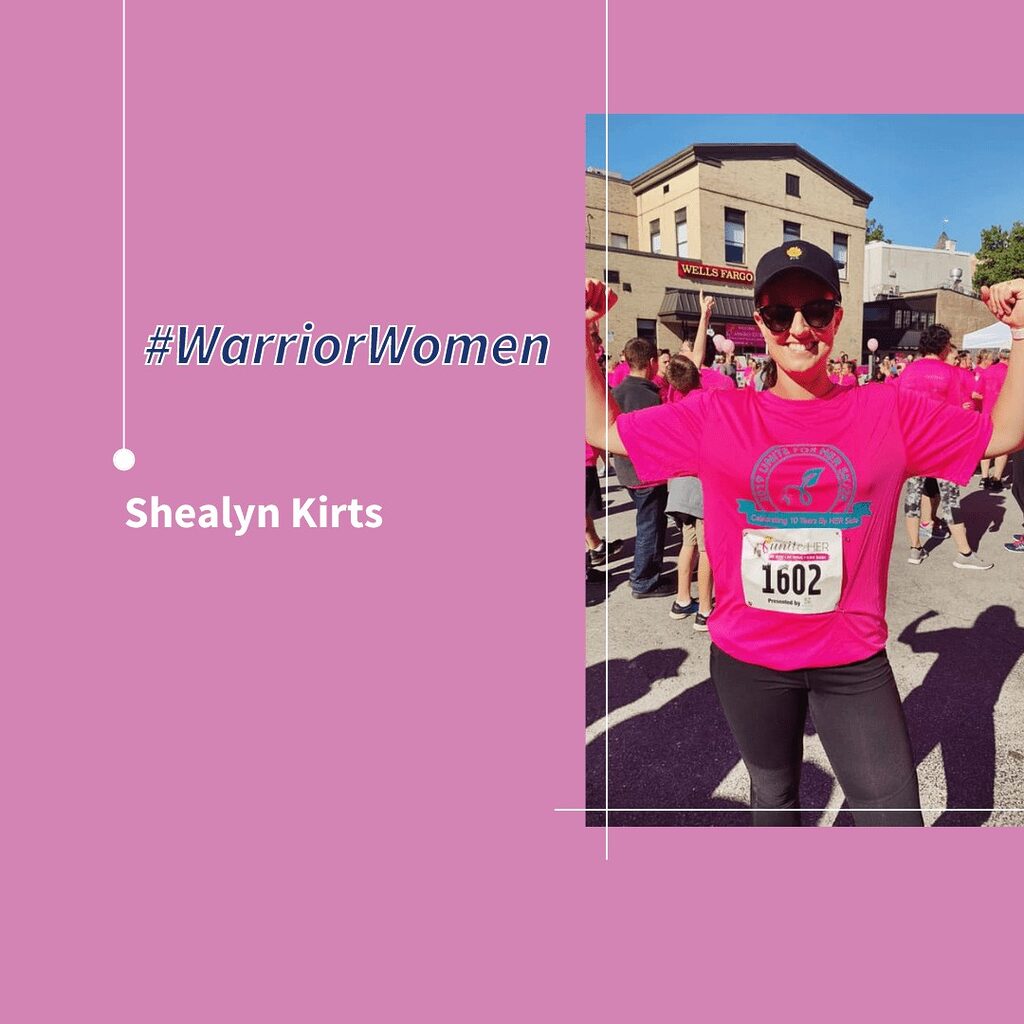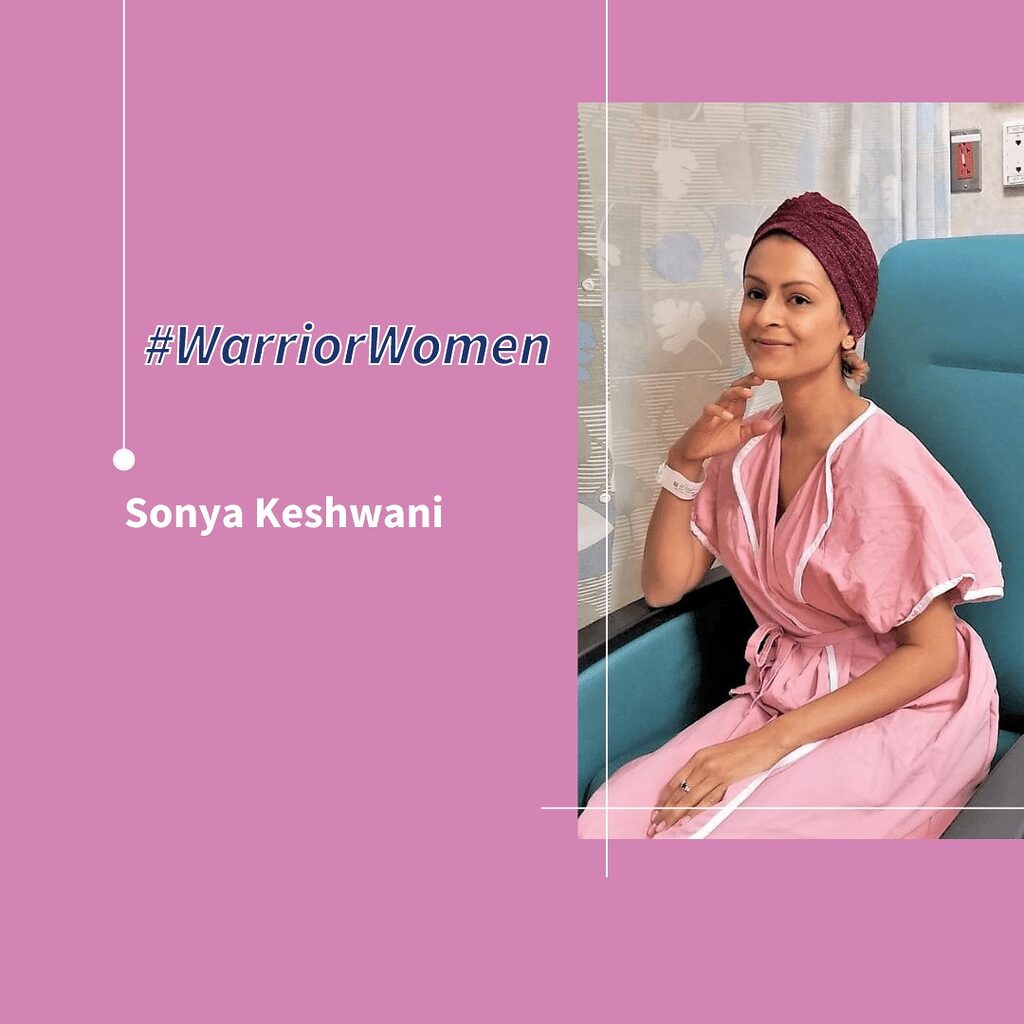- I was diagnosed with stage 1 (thankfully) triple-negative breast cancer in October of 2016.
- Yes – my maternal grandmother was a breast cancer survivor.
- The treatment process was very different than how it is portrayed in the media! Ultimately, I underwent IV chemotherapy, surgery, radiation therapy, and pill chemotherapy.
- Other than some of the side effects of the medications, I didn’t experience any major complications, thankfully!
- I was very lucky throughout my journey to constantly feel supported and like I had plenty of resources!
- Cancer can happen to anyone at any age.
- Women are strong, women are resilient, we have so much that we battle every day that others have no idea about.
Understanding women’s health has the power to impact how we connect with each other, how we learn, and how we can normalize the conversation and take preventative measures. We’re sharing women’s stories (your stories) to celebrate and honor you.
In honor of Breast Cancer Awareness month, we’re highlighting impactful stories of strong, courageous women who have experienced breast cancer and now want to share their story with you.
We interviewed breast cancer survivor Courtland Long. Courtland is an incredibly strong #WarriorWomen who shares her journey with us of what overcoming breast cancer was like for her. Her strength and perseverance for true healing are admirable, and we appreciate you sharing what that experience was like for you. We invite you to join us in learning more about Courtland’s survival story.
HV: Can you tell us about how your journey with Breast Cancer first started? When were you first diagnosed, how old were you, what type of breast cancer were you diagnosed with, and how was the cancer initially detected?
CL: My breast cancer journey started as a surprise, and also not so much of a surprise. At the time, I had been working for a NYC-based patient community and I was interviewing researchers and patients about their journey with various health conditions, including cancer.
When I received my diagnosis, my initial reaction was, “Well, here I am now”.
I was diagnosed with stage 1 (thankfully) triple-negative breast cancer in October of 2016. Happy Breast Cancer Awareness Month to me!! I was a couple months shy of my 30th birthday and found myself making appointments with different breast surgeons in the city – it was a bit surreal. My cancer was initially detected in a self-breast exam – I felt a very hard lump in my right breast that wasn’t normally there. At the time, I didn’t have a general practitioner so I made an appointment with my gynecologist. Thankfully, she sent me for a mammogram, despite the belief that I was “too young” for cancer.
HV: Is there a family history of breast cancer?
CL: Yes – my maternal grandmother was a breast cancer survivor.
HV: Can you tell us about your treatment process and what that was like for you? Was there anything in specific that made it easier for you to get through it?
CL: The treatment process was very different than how it is portrayed in the media! Ultimately, I underwent IV chemotherapy, surgery, radiation therapy, and pill chemotherapy. Before starting treatment, I was given the choice of doing my IV chemo before or after surgery. I opted to have my IV chemotherapy before my surgery, in hopes of shrinking the tumor as much as possible so that less breast tissue would have to be removed at the time of surgery. However, before I started chemo, I asked to talk with a fertility preservation specialist because there is a risk that chemo can damage your eggs – since I was near 30 years old and hadn’t yet started a family. That process was a trip as well!
Finally, when I started chemo I thought it would be a quick weight-loss program, but I actually wound up gaining 30 pounds! I was very lucky not to suffer from extreme nausea, but that was because I was being given high doses of steroids, which made me super hungry all the time. Some of the nurses advised me to drink tons of water, all the time, which really helped with flushing the chemo out and feelings of nausea as well.
The surgery was non-eventful. I had a lumpectomy and was able to go home the same day. Radiation made me super tired. Of all the parts of treatment, I have to say that the bill chemo was the worst. It has terrible side effects, like constant diarrhea and debilitating blisters on the palms of my hands and soles of my feet. However, I was very lucky to have close friends and family nearby who would entertain me and were super understanding of the issues I was experiencing.
HV: Did you experience any complications throughout your treatment?
CL: Other than some of the side effects of the medications, I didn’t experience any major complications, thankfully!
HV: Throughout your journey, did you feel that you had a support system or the resources you needed? If not, how did you overcome that?
CL: I was very lucky throughout my journey to constantly feel supported and like I had plenty of resources! Because of the job I had before cancer, I immediately had access to some of the best oncologists and patient advocacy networks around the world – so I was able to navigate this journey as a highly informed patient.
My friends and family completely surrounded me in love and support – for which I am eternally grateful.
I hear so many stories of young adult cancer survivors who felt abandoned by their friends during that time because their friends didn’t know how to deal with the news or couldn’t identify. I was so lucky to be raised up by my friends and family during my cancer journey. If I couldn’t go out, my friends would arrange to have a potluck dinner at my apartment so I could continue to feel included in our group or would attend chemo and radiation sessions with me. My family traveled from other states to be with me during my surgery. My brother, who lived with me at the time, was the greatest support that never gets recognized because he was just there with me all the time and his personality/affect made me always feel loved, normal, pretty, and so much more.
HV: Based on your experience, what do you wish people knew more about in regards to breast cancer?
CL: Cancer can happen to anyone at any age.
Once a person receives a cancer diagnosis, they are not immediately made into a glass figurine that is too fragile to be out in the world.
Our friends and family without cancer can still have bad days, and vent to us about it! I could often hear “why am I complaining to you when you have cancer?!” Talking with friends and family about both our struggles helped me feel normal, so don’t be afraid to vent!
Self-breast exams are extremely important. Please do them.
HV: Do you have any messages you would like to share with the women in this community?
CL: Women are strong, women are resilient, we have so much that we battle every day that others have no idea about. Do not be afraid to reach out and ask for help, or to offer a caring shoulder or hug to anyone you think might need a little boost.
We’re all in this together.
